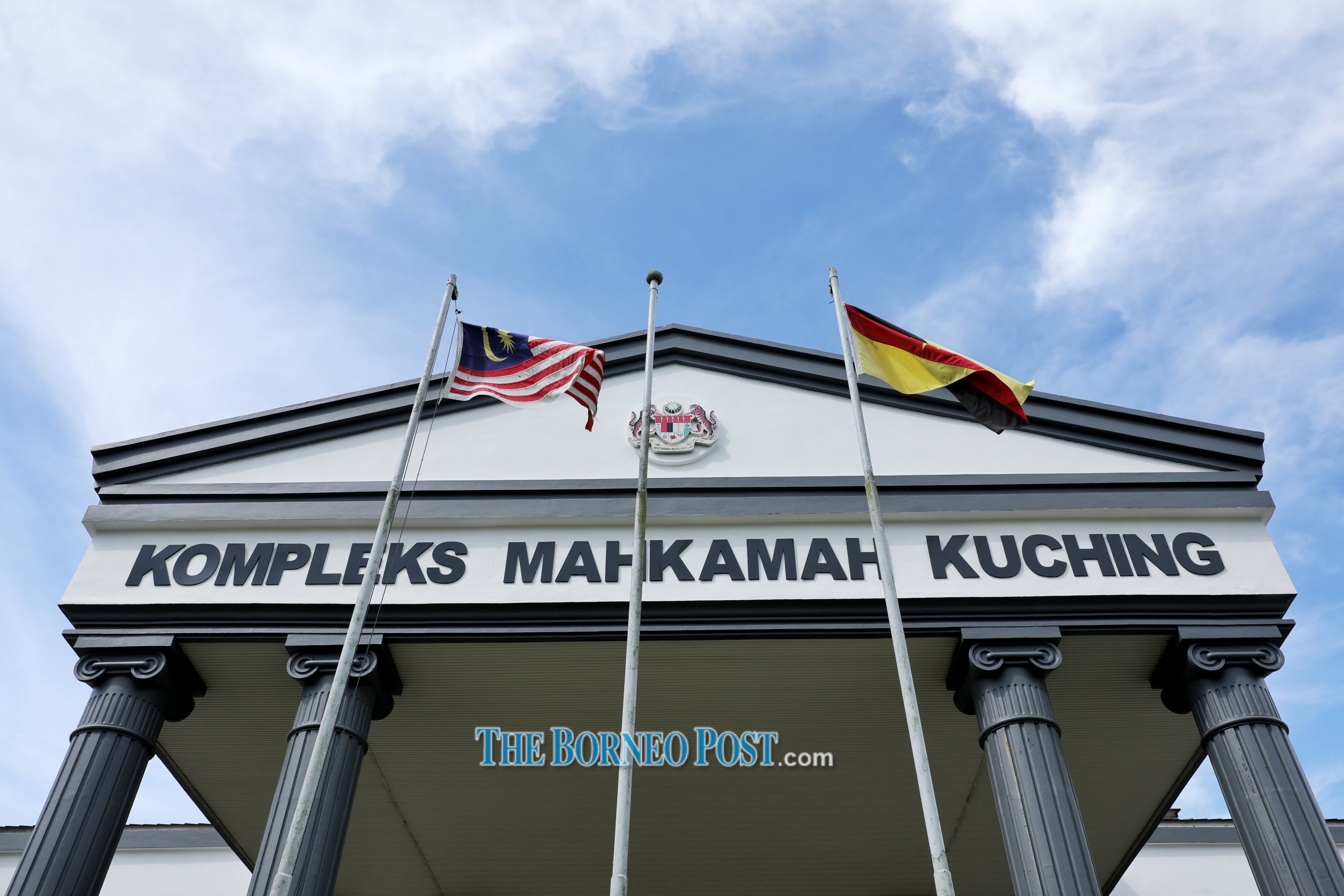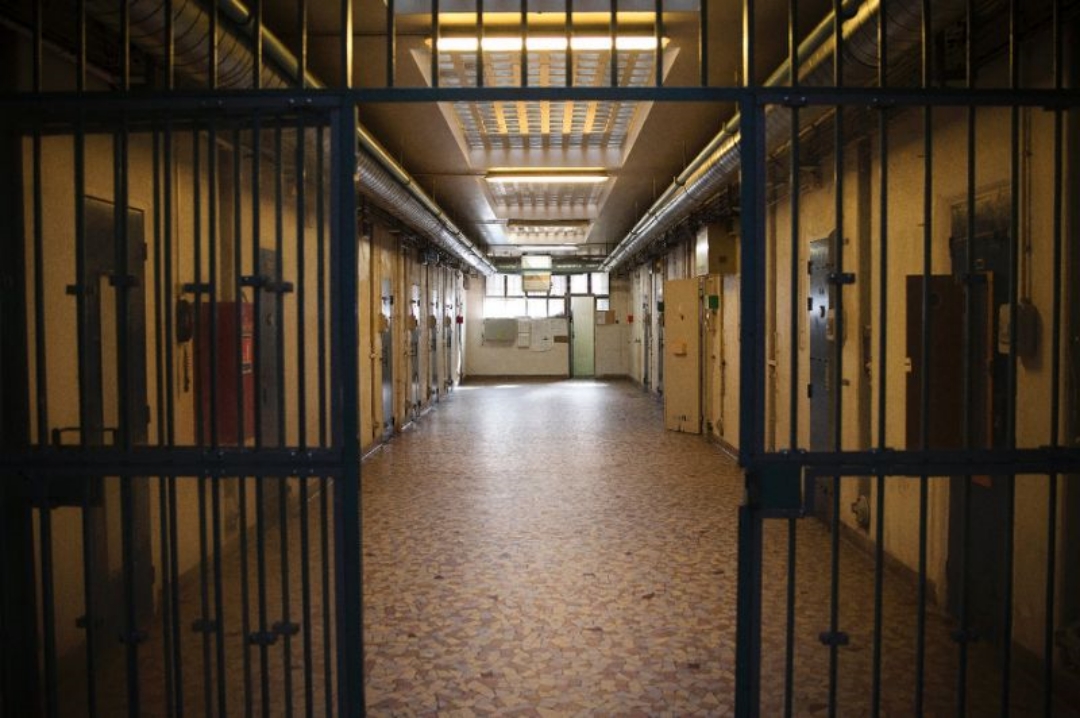ADVERTISE HERE

A scene at the first 3R recycling programme in Matu Daro.
SIBU (Jan 19): The Matu Daro District Council (MDDC) is committed to ensuring that the districts are on track in its efforts to reduce the amount of solid waste disposed of in landfills, as well as to increase the recycling rate.
This is based on its annual recycling statistics which showed a steady increase every year, said MDDC Head of Environmental Health and Licensing Department Apohrozy Ezrie Eallie.
“The amount of waste disposed of at the waste management facilities stood at 7,948 metric tonnes in 2022, and this amount decreased to 6,478 metric tonnes in 2023,” he said.
“The amount of recycled waste, on the other hand, saw a steady increase. From having collected only 0.5 metric tonnes of recyclable items in 2021, this figure rose to 2.15 metric tonnes in 2022 and to an impressive 23.5 metric tonnes last year.”
The initiative by the Ministry of Public Health, Housing and Local Government through MDDC was successful due to the collective efforts of the local community and the private sectors, he added.
MDDC was awarded the Smart Community Award from the ministry during the council’s Excellent Service Awards in December last year.
Through this 3R – Reduce, Reuse and Recycle programme, Apohrozy said households would have to separate the recyclable waste, where they had the option to either sell the items to recycling vendors or place them in the recycling bins for collection.
To improve awareness and encourage the public to do their part, he said the councol had invited a volunteer and local environmental activist Loh Yu Yee to be involved in the 3R recycling programmes in Igan, Belawai and Matu.
“We had also provided recycling bins for the local community, to which these bins and the recycled items from Igan, Belawai and Matu were later sent to either Mukah or Sibu.
“One of the biggest challenges, however, was the logistics issues,” said Apohrozy, adding that this had prompted the council to set up a one-stop centre where people could come and sell their recyclable items to the recycling vendors.
“In a way, it saves the cost of transportation where the recycling companies from Sibu can come and collect all those items at one go,” he said.
“The bulk household waste and discarded electronic items are no longer a common sight along the roadside and, most importantly, this ‘waste to cash’ incentive has been able to immensely reduce the amount of waste,” he remarked.
Loh, meanwhile, said the community ought to be empowered through education, whereby it is essential to consistently inspire the people to develop a lifelong commitment towards environmental conservation.
Sharing her involvement in the 3R programme, Loh said that they introduced the rewards system whereby the community could turn in their recyclable items for cash.
“The programme participants will have their own reward cards and upon reaching a certain target, they will receive their rewards,” she said.
“We collaborate with various private companies, including the recycling companies, and that is why we are able to give these reward items,” she explained.
Loh also invited the community to join her WeChat and WhatsApp groups for the latest updates on the recycling programme.
The groups, she said, now have about 1,600 participants.
Despite the success of the programme, Loh admitted that they were still faced with challenges.
Adding on, she said the lack of infrastructure, manpower, public funding and the project’s economic viability made it difficult to further implement effective recycling programmes.
“We only have a handful of volunteers and recycling contractors and therefore, we hope that more of the public and private sectors can join in this cause,” she said.
According to her, currently there were only two recycling contractors at Matu Daro – one for the collection of used cooking oil and the other for household recyclable items.









 English (US) ·
English (US) ·